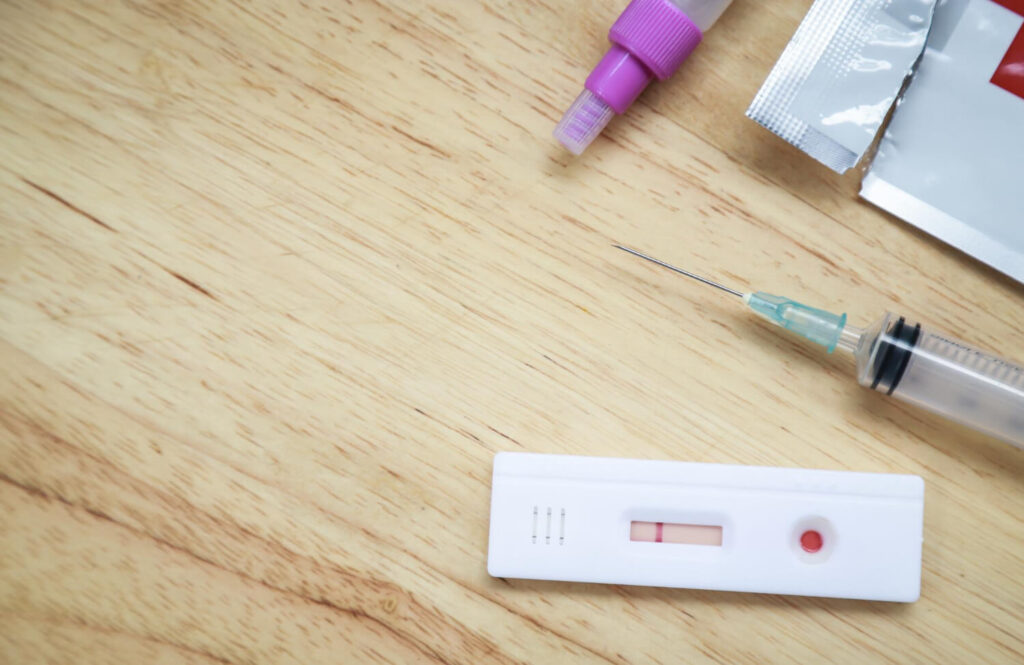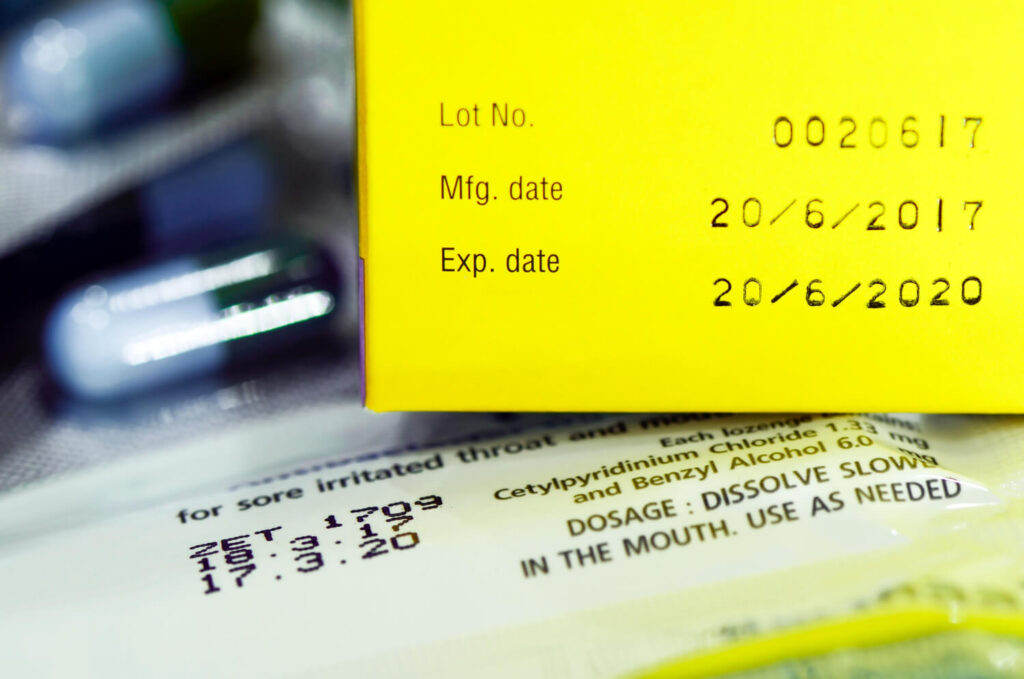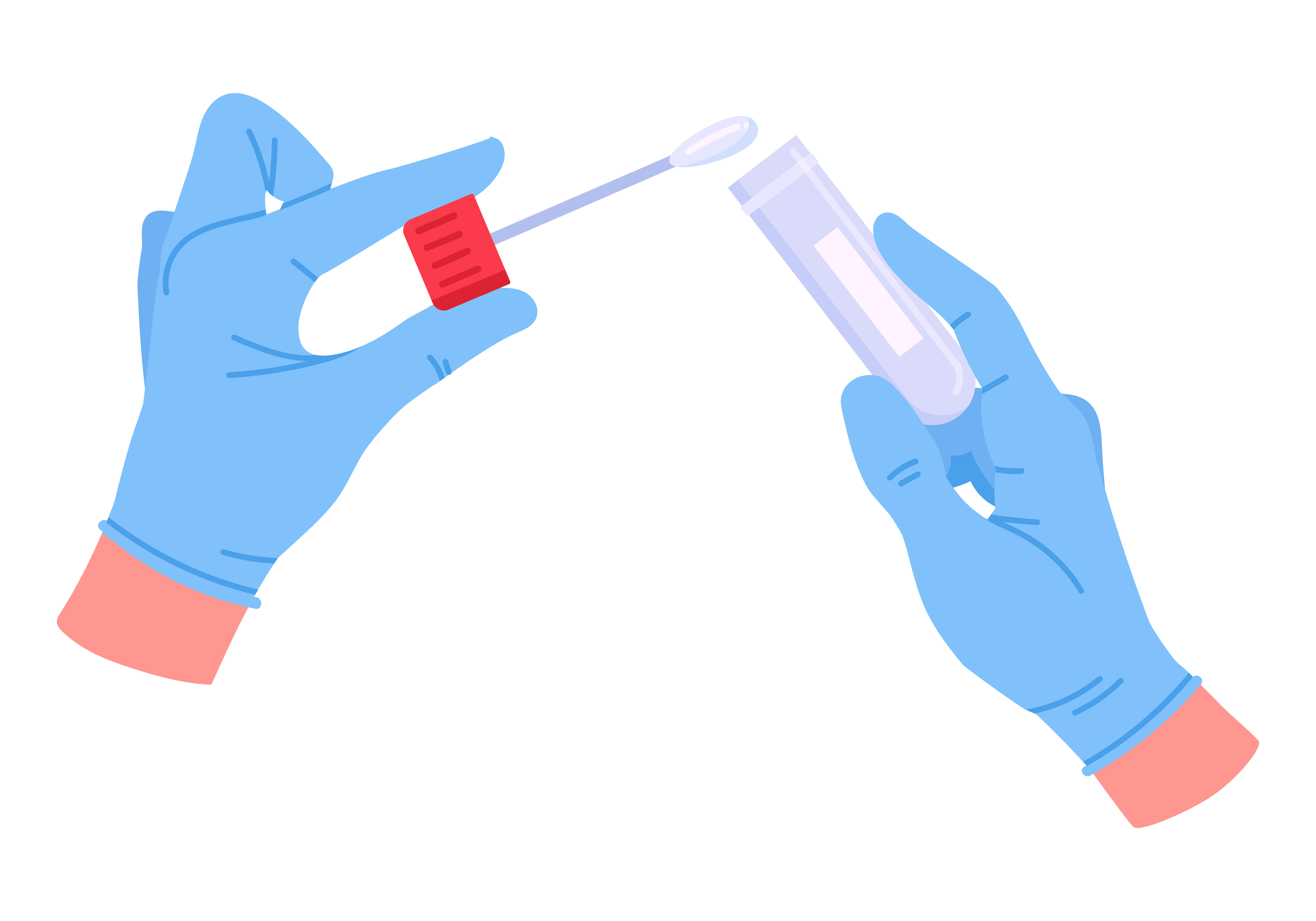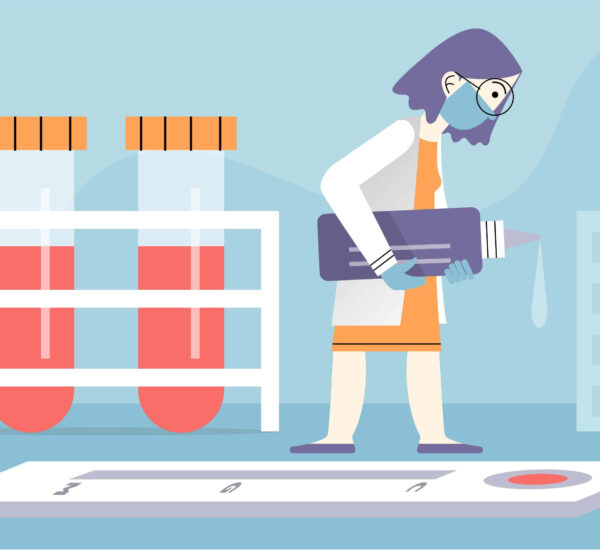Taking an HIV test is a critical step toward understanding and managing your health, but ensuring HIV test validity is equally important. An invalid or inaccurate test can lead to incorrect results, causing unnecessary stress or providing false reassurance. With the increasing availability of HIV self-testing kits, knowing how to validate the test’s authenticity before use is crucial to ensuring accurate outcomes. This guide explains the key factors that impact HIV test validity and offers practical steps to help you make sure your test is reliable. Let’s begin!
The Importance of HIV Test Validity

Ensuring that an HIV test kit is valid before use is the first step toward accurate and reliable results. A valid test not only guarantees that the results you receive are correct but also helps you make informed decisions about your health. False positives or negatives caused by invalid tests can lead to mismanagement of your health or delays in seeking proper treatment.
Additionally, using a test that has been stored improperly, is expired, or is a counterfeit product can significantly impact the accuracy of the test. By following proper validation steps, you can avoid these pitfalls and gain confidence in your test results during HIV testing.
Common Issues Affecting HIV Test Validity
Expiration Date
One of the simplest ways to check the validity of your HIV test kit is to verify its expiration date. All test kits come with an expiration date, after which the accuracy of the test can no longer be guaranteed. An expired test may not detect HIV antibodies or antigens correctly, leading to false results.
To ensure the validity of your HIV test, always check the expiration date printed on the packaging. Please avoid using any test that has passed its expiration date, as this could compromise the results. If your test is expired, dispose of it and purchase a new one from a trusted source.
Authenticity of the Test Kit
With the rise of online marketplaces, the risk of purchasing counterfeit HIV test kits has increased. A counterfeit test kit may not meet the regulatory standards required for accuracy and can produce misleading results. To avoid this, always purchase HIV test kits from reputable sources such as licensed pharmacies, hospitals, or government-approved health organizations.
Additionally, you can verify the authenticity of the test kit by checking for a seal of approval from recognized health authorities, such as the World Health Organization (WHO) or the Food and Drug Administration (FDA). Look for the manufacturer’s details and batch number on the packaging, as these are indicators of a legitimate product.
Proper Storage Conditions
HIV test kits are sensitive to storage conditions such as temperature, humidity, and exposure to sunlight. Storing a test improperly can render it invalid, even if it has not passed its expiration date. For example, storing a test kit in a humid environment or exposing it to extreme heat can damage its components, leading to inaccurate results.
Always store your test kit according to the manufacturer’s instructions, which are usually printed on the packaging. Most HIV test kits require storage in a cool, dry place, away from direct sunlight. By ensuring proper storage, you can protect the test’s accuracy and extend its shelf life.
The Types of Tests for HIV At Home

There are different types of HIV tests available for home usage, and understanding which one you are using is essential for accurate interpretation. Each test type detects HIV at different stages of infection and may have specific requirements for storage, administration, and result interpretation. Let’s discuss each of them below!
HIV Antibody Test
Antibody tests detect HIV antibodies produced by the immune system in response to the virus. These tests are commonly used as rapid tests for at-home testing kits due to their easy-to-use feature. About three to 12 weeks after exposure, this test can detect antibodies that the body has produced. Thus, resulting in complications such as HIV infection and viral load in the body.
Before using an antibody test, it is important to ensure that you are outside the window period — the time it takes for HIV to become detectable in the body. Testing too early can result in a false negative result, which may give you a false sense of security.
Antigen/Antibody Combination Test
Aside from the common type of test, this next one is known as the combination test. It is a more sensitive test that can detect both HIV antigens (specifically, the p24 protein) and antibodies. Such tests are usually available at healthcare facilities but are increasingly available for at-home use. They can detect HIV earlier than antibody tests alone, usually within two to six weeks of exposure.
When using this test, make sure it is stored properly and within its expiration date, as the antigen components are particularly sensitive to environmental factors. Any deviation from the recommended conditions can affect the antigen detection accuracy.
Mistakes to Avoid When Taking an HIV Test

While HIV test validity is an important matter when using viral load tests, wrong usage of the kit can still affect the test results. In that case, the only way to have a more accurate HIV test result is to avoid the following mistakes:
Here are the common mistakes individuals make when taking a self-test kit for HIV:
Taking the Test Too Early
As mentioned earlier, the window period is crucial when taking an HIV test. So, if you suspect a possible exposure, testing for HIV Testing too early can affect the HIV diagnosis because the virus has not yet been detected in the body. Always wait until after the window period for HIV testing. Consult a healthcare provider if you need guidance.
Not Reading Instructions Carefully
Each test kit comes with specific instructions that must be followed closely. Failing to follow these instructions can affect the results, leading to errors such as false positives or false negatives. Take the time to read and understand the instructions before beginning the test.
Using an Expired Test Kit
Using an expired test kit increases the risk of inaccurate results. Always check the expiration date on the packaging before using the test. If your test is expired, dispose of it and purchase a new one from a trusted source.
Mishandling of Samples
Blood samples and oral fluids are the substances used for the viral load test. However, it is prone to contamination, especially if the samples are not handled properly. Thus, leading to inaccurate HIV status in the HIV screening.
Frequently Asked Questions
What should I do if I get a positive result from an at-home HIV test?
If you receive a positive result from an at-home HIV test, it is important to seek confirmatory testing from a healthcare provider. This ensures that the result is accurate and allows you to receive appropriate care.
You can visit some local health centers and testing sites where confirmatory tests are available. Some of the lab test types available are the Western blot test, PCR test, and Line Immunoassay.
How do I know if my HIV test kit is authentic?
To ensure the authenticity of your HIV test kit, purchase it from a trusted source, such as a licensed pharmacy or a government-approved health organization. Look for regulatory seals from health authorities like the FDA or WHO, and check the manufacturer’s information on the packaging.
Can improper storage affect HIV test validity?
Yes, improper storage, such as exposing the test to extreme heat, cold, or moisture, can affect its accuracy. Always store the test in the recommended conditions and away from direct sunlight.
How soon after exposure can I take an HIV test?
The window period varies depending on the type of test. For antibody tests, it is typically three to 12 weeks. Antigen/antibody combination tests can detect HIV within two to six weeks, while nucleic acid tests (NAT) can detect the virus as early as 10 days after exposure.
If you don’t understand the concept of the window period, it’s best to seek help from a healthcare professional to assist you with the right period for HIV screening.
Should I retest after a negative test result?
If you took the test during the window period or believe the test kit may have been compromised, additional testing is recommended after the window period has passed. Consult with a healthcare provider for advice on retesting.
Conclusion
Ensuring the validity of your HIV test is vital for obtaining accurate results and making informed decisions about your health. By checking the expiration date, verifying the authenticity of the test kit, and following proper storage instructions, you can reduce the likelihood of errors.
Understanding these factors will give you peace of mind and help you take the necessary steps for your health. If further assistance is needed, feel free to schedule a session with an infectious disease doctor today!



